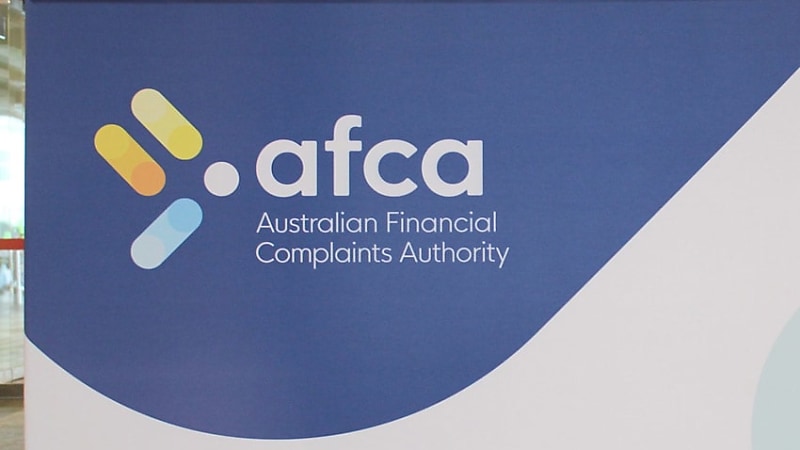AFCA finds SMSF advice needs ‘greater attention’
Confusion over SMSF wholesale classification thresholds and advice for low-balance clients to establish SMSFs were ongoing issues in the sector, according to AFCA’s 2023–24 annual report.
The Australian Financial Complaints Authority’s (AFCA) report found some advisers were incorrectly applying thresholds of $2.5 million in net assets or $250,000 income, instead of the $10 million limit specified in the Corporations Act for superannuation products.
This misclassification exposes clients to unsuitable advice, AFCA said.
The authority stated that in both contract for difference (CFD) and advice areas, misclassification of clients as wholesale remains a recurring problem.
It continued that many CFD providers fail to adequately assess client suitability, resulting in inappropriate risk exposure. Wholesale clients do not benefit from ASIC’s product intervention orders, leading to increased risks, including excessive leverage for those who may be better suited as retail investors.
The report published the result of a case that involved the incorrect classification of an SMSF as a wholesale client as an example.
In this case, the corporate trustee of an SMSF enrolled in a managed discretionary account (MDA) service, which was only available to wholesale clients. This service allowed financial firm X to carry out margin FX trading on behalf of the SMSF.
To facilitate the trading, a margin FX account with 1,000:1 leverage was opened with financial firm Z, under the SMSF trustee’s name.
The SMSF deposited $615,000 into this account, and financial firm X conducted the trades using a limited power of attorney granted by the SMSF. Unfortunately, the trading led to significant losses.
The SMSF sought compensation, arguing that it should not have been classified as a wholesale client and should not have been allowed to trade with such high leverage.
An AFCA panel found the SMSF was wrongly classified as a wholesale client, as it had less than $10 million in assets and should have been treated as a retail client.
As a result, the SMSF should not have had access to the MDA service or a margin FX trading account with leverage above 30:1.
The panel determined that the SMSF suffered a loss of $442,520. However, due to the SMSF trustee’s director contributing to the loss by not acting with due care, the compensation was reduced by 33.3 per cent, leaving $295,013.34 to be paid.
Additionally, the report found that advice for clients with low balances to establish SMSFs continues to be a significant issue, often involving inappropriate recommendations and lack of diversification between asset classes, highlighting the need for greater attention to the suitability of SMSF structures.
Overall, the AFCA annual report found there were ongoing challenges in the superannuation system as a whole, with a 5 per cent increase in superannuation complaints.
The authority received 7,325 in the 12 months but said despite this rise, superannuation complaints have consistently accounted for about 7 per cent of its total complaints, highlighting ongoing challenges within the superannuation system.
Complaints typically involve delays in rollovers and withdrawals, errors in investment switches, and difficulties with online services.
Total and permanent disability (TPD) insurance complaints increased significantly in the past 12 months, rising by 26 per cent to 1,245 cases. This category includes complex issues such as eligibility disputes, delays in decision making and detailed medical assessments.








